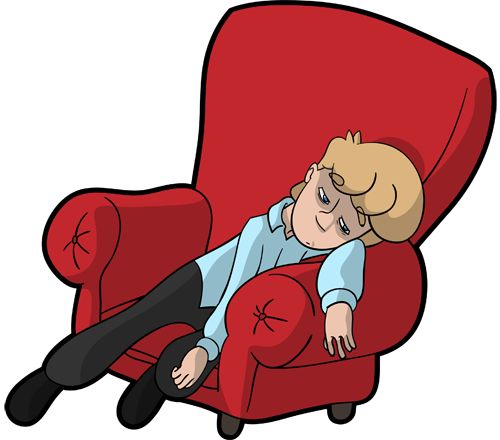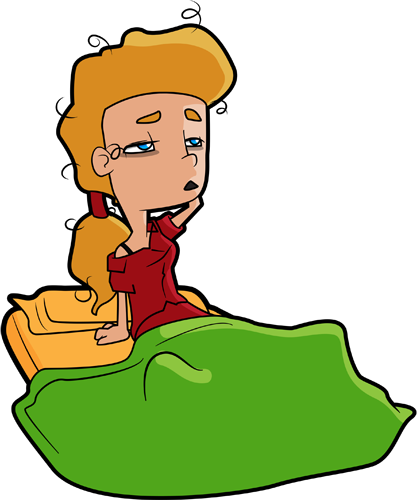Sleep and TBI | Mental Health Minnesota

 Mental Health | Traumatic brain injuries (TBIs) have become a hot topic...
Mental Health | Traumatic brain injuries (TBIs) have become a hot topic...
...especially since the 2015 film Concussion.
An internet search brings up a bevy of articles about those who have been affected across the nation, including football players or those returning from war. But many cases of TBI go undiagnosed, and some childhood and adolescent injuries are probably under reported. So, where do we go from here?
Traumatic brain injury is an alteration in brain function caused by an external force. Even a mild concussion can cause changes to a patient's normal physical, cognitive, and emotional functioning. One of those major alterations can be changes to sleep.
It is not fully understood what causes these changes in sleep to occur, but 30 to 70% of patients who have experienced a TBI complain of sleep problems, and the degree of the injury does not predict the severity of symptoms. Follow-up studies show 20% of patients still had significant sleep disturbances 3 years after a concussion.
The most common sleep-wake disorders affecting those with TBI are insomnia, hypersomnia, pleiosomnia, sleep-related breathing disorders, circadian rhythm disorders, parasomnias, and movement disorders.
- Insomnia is reported in about 30 to 60% of patients following a TBI.
- Repetitive head injuries increase the risk of insomnia. Statistics of military personnel show a 6% rate of insomnia in personnel with no history of TBI, 20% after a single TBI, and 50% in those who have experienced multiple TBIs.
- Hypersomnia, also known as excessive daytime sleepiness, occurs in 50% of individuals with a TBI history. Obstructive sleep apnea and central sleep apnea are more prevalent in TBI patients than in the normal population
Treatment for TBI-related sleep issues is typically the same as for patients without a TBI. Use the lowest dose of medication for the shortest possible duration.
 Treat any underlying conditions such as obstructive sleep apnea, depression, anxiety, restless leg syndrome, etc. Although recommended for the general population in patients with insomnia, cognitive behavioral therapy(CBT) has only been studied in small groups of patients with TBI, and effectiveness has been limited. Ramelteon, a melatonin receptor agonist, has shown some promise in treating insomnia. In patients with daytime sleepiness, medication such as modafinil and armodafinil has shown to be helpful.
Treat any underlying conditions such as obstructive sleep apnea, depression, anxiety, restless leg syndrome, etc. Although recommended for the general population in patients with insomnia, cognitive behavioral therapy(CBT) has only been studied in small groups of patients with TBI, and effectiveness has been limited. Ramelteon, a melatonin receptor agonist, has shown some promise in treating insomnia. In patients with daytime sleepiness, medication such as modafinil and armodafinil has shown to be helpful.
Animal studies offer insights into the pathophysiology of TBI, but more studies need to be done. Longitudinal and prospective studies will also help clarify the sleep disturbances that affect patients with TBI. In the meantime, searching for ways to prevent TBI may be the most important focus.


